For more than two decades, Japan and Tunisia have engaged in academic exchanges. At a technology park that opened in Tunisia with Japan’s support, a new business collaboration is budding among industry, government, and academia through research into food and medicinal bioresources.

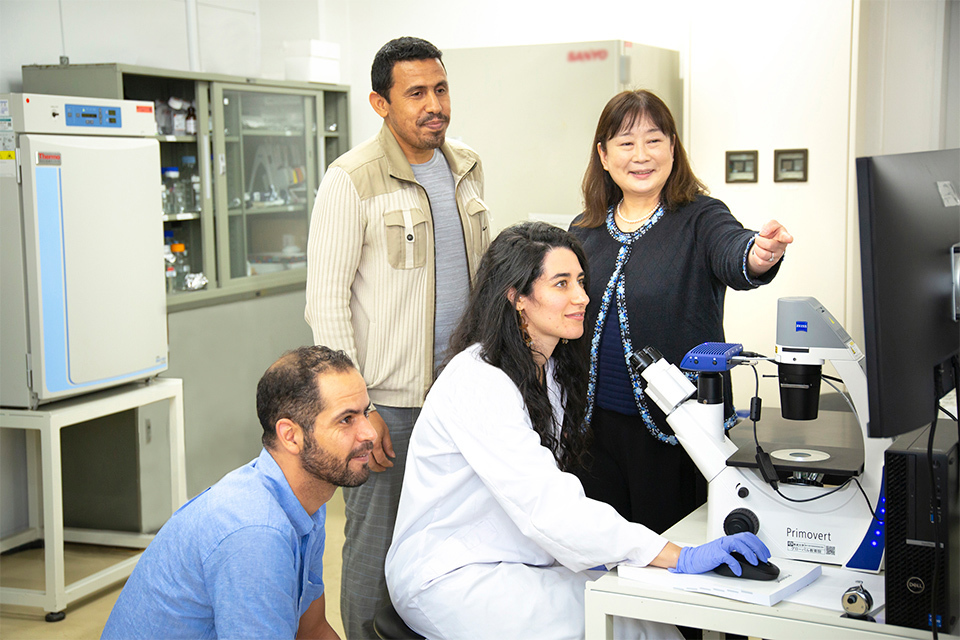
Tunisian students visit the University of Tsukuba every year to conduct a wide range of research, from computer science to biotechnology.
Olives have a reputation as a healthy food, as they contain polyphenol, which can reduce the risk of cancer and arteriosclerosis. But did you know that the olives grown in Tunisia, one of the world’s leading producers of the fruit, contain 10 to 20 times as much polyphenol as those from elsewhere around the Mediterranean? Many years of academic exchanges between that country and Japan have helped uncover evidence of the functional components of Tunisian olives.
Located in northern Africa and facing the Mediterranean Sea to the northeast, Tunisia is a crossroads of Mediterranean, Middle Eastern, and African civilizations, making it a treasure trove for researchers in fields ranging from the humanities and social sciences to natural science. To advance various types of research, Japan and Tunisia have engaged in academic exchanges for more than two decades. The University of Tsukuba in Japan was particularly quick to become involved in Tunisia, initiating exchanges in the late 1990s. In 2004, it established the Alliance for Research on the Mediterranean and North Africa (ARENA), and in 2006, opened its first overseas office in the country’s capital of Tunis. The university has thus facilitated organic collaboration connecting possibilities for Tunisia with Japanese science and technology.
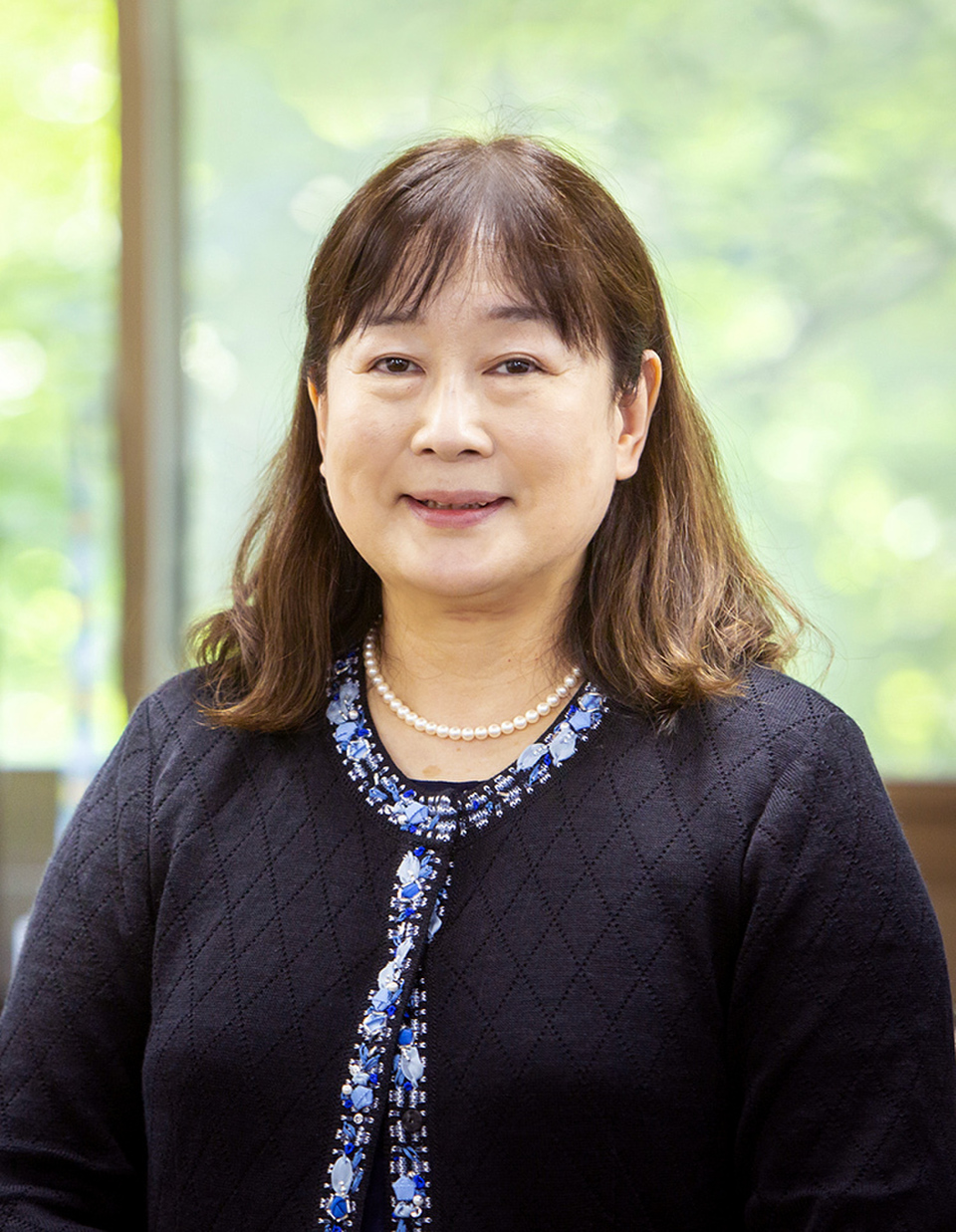

Professor ISODA Hiroko of the University of Tsukuba’s ARENA said, “I love Tunisia. It is such a receptive country.” She added, “The Tunisian researchers are adaptable and highly motivated. I have great respect for them.”
ISODA Hiroko, an ARENA professor, is linked by fate to Tunisia. A leading researcher into the medicinal bioresources of North Africa, she has visited the country over 100 times already and has analyzed the functional components of such plants as Tunisian olives and rosemary. Professor Isoda was the one who identified the aforementioned functional components of olives. The Science and Technology Research Partnership for Sustainable Development (SATREPS)—the Japanese government program that promotes joint research between developing countries and Japan—selected her to prepare a bioresource database for a joint research project with Tunisia. She said that her team has already collected evidence showing that some 100 of the approximately 900 types of plant components have the potential for commercial use.
This research is also being conducted at the Borj Cedria Science and Technology Park in Tunisia, which was built with support from the Japan International Cooperation Agency (JICA) in an ODA loan project. Located on the outskirts of Tunis, the technology park has garnered attention for identifying the seeds of new businesses through collaborations among industry, government, and academia in the fields of biotechnology, water resources, and renewable energy. Professor Isoda said, “We are trying to turn our research into economic benefits, and I hope that the two countries will enjoy a win-win relationship.”
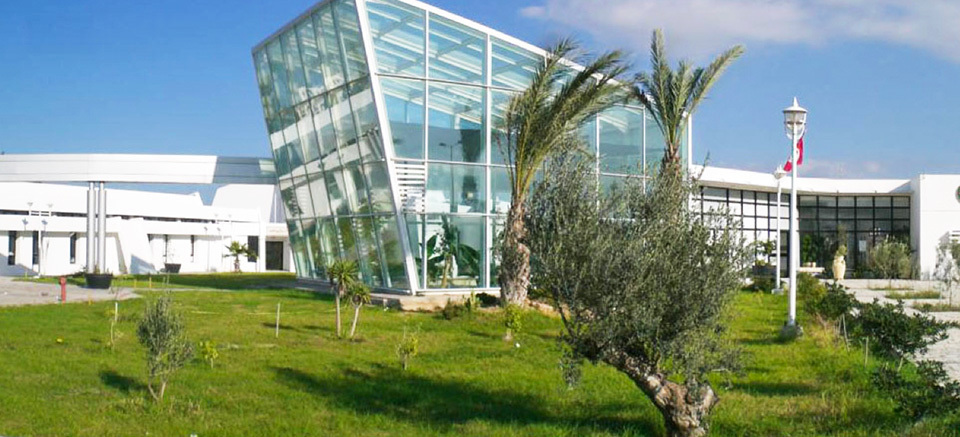
The Biotechnology Center, where Professor Isoda and Tunisian researchers cooperate on bioresources research.
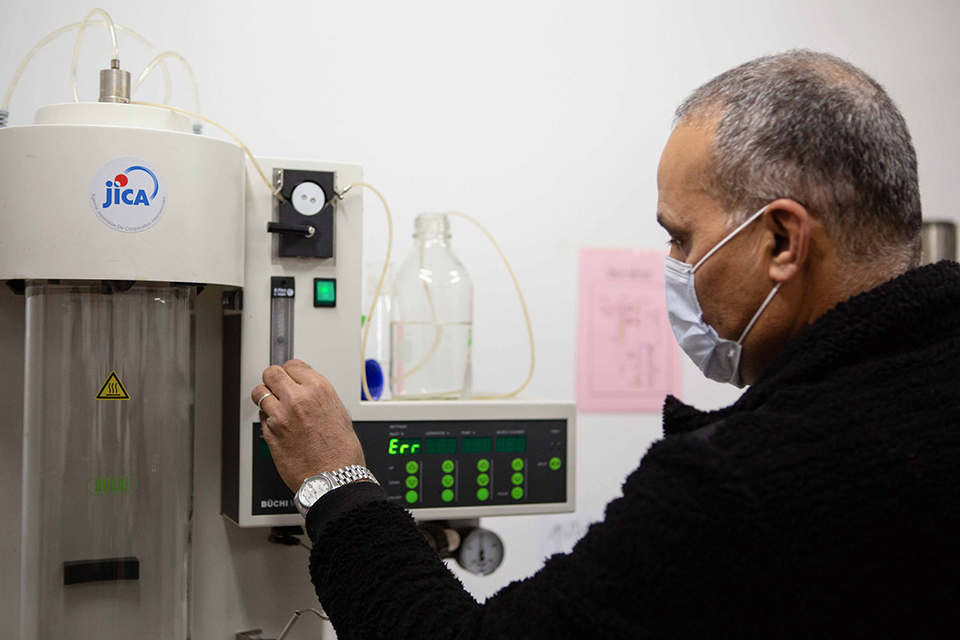
With Japanese support, the Borj Cedria Science and Technology Park has state-of-the-art equipment enabling it to conduct research at the same level as Japan’s.
Left: The Biotechnology Center, where Professor Isoda and Tunisian researchers cooperate on bioresources research.
Right: With Japanese support, the Borj Cedria Science and Technology Park has state-of-the-art equipment enabling it to conduct research at the same level as Japan’s.
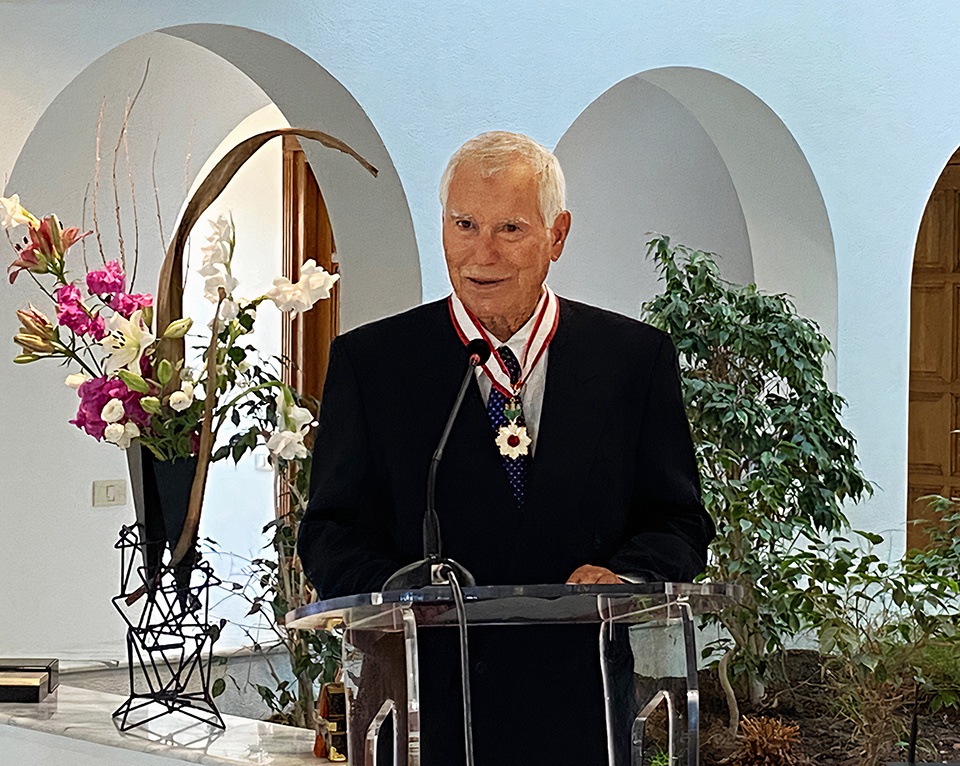
Professor Mohamed Moncef Harrabi, former head of the technology park, has contributed to academic exchanges in agricultural science between the two countries for more than two decades.
Mohamed Moncef Harrabi, the former director of the National Agronomic Institute of Tunisia (INAT) and former head of the technology park, said, “Despite having limited experience with Japan, I was convinced of the country’s high level of technology and science, which led to my decision to encourage exchanges. Academic exchanges with Professor Isoda and others from Japan have had a big impact at many levels in Tunisia, such as the transfer of technology.”

Professor Mohamed Moncef Harrabi, former head of the technology park, has contributed to academic exchanges in agricultural science between the two countries for more than two decades.
Academic exchanges have also been focused on developing professionals in technology. So far, almost 100 Tunisian students have studied in Japan, pursuing collaborative research. What worries Professor Isoda, however, is that the students, once return to Tunisia, have few employment opportunities available to them to apply the research skills that they acquired in Japan. To address the situation, she established a company last year in Tsukuba that supports drug discovery, thereby creating places for such students to thrive. She plans to merge the venture eventually with a local company in Tunisia and promote research and development there. Research into functional bioresources is one area where Japan leads globally, and she aims to create significant added value through local discoveries in Tunisia that will lead to related production being launched there.
Professor Isoda said, “With the current attention on well-being, my hope is that the talented students who have studied in Japan will connect their research to business and become professionals who demonstrate leadership around the world.”





























